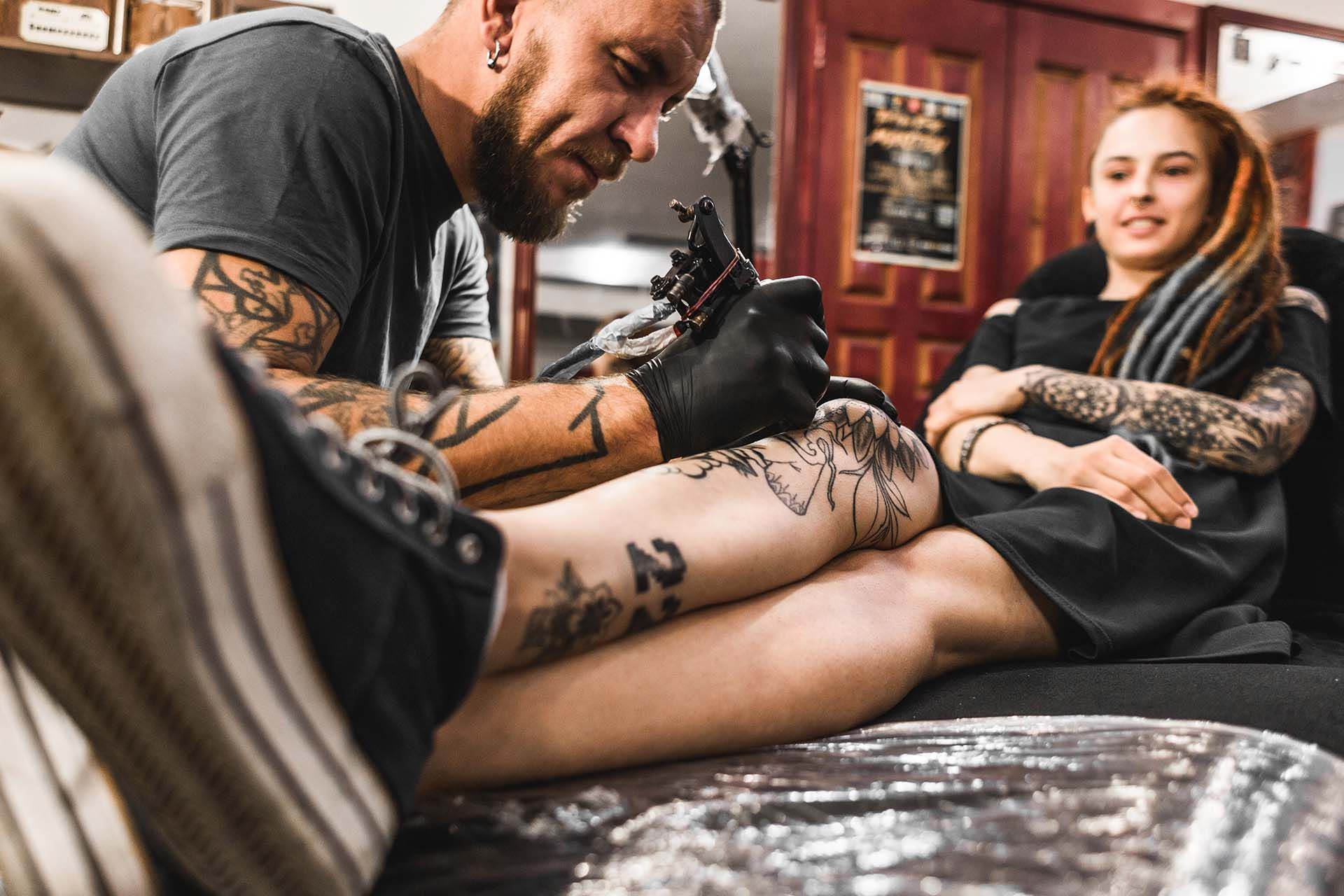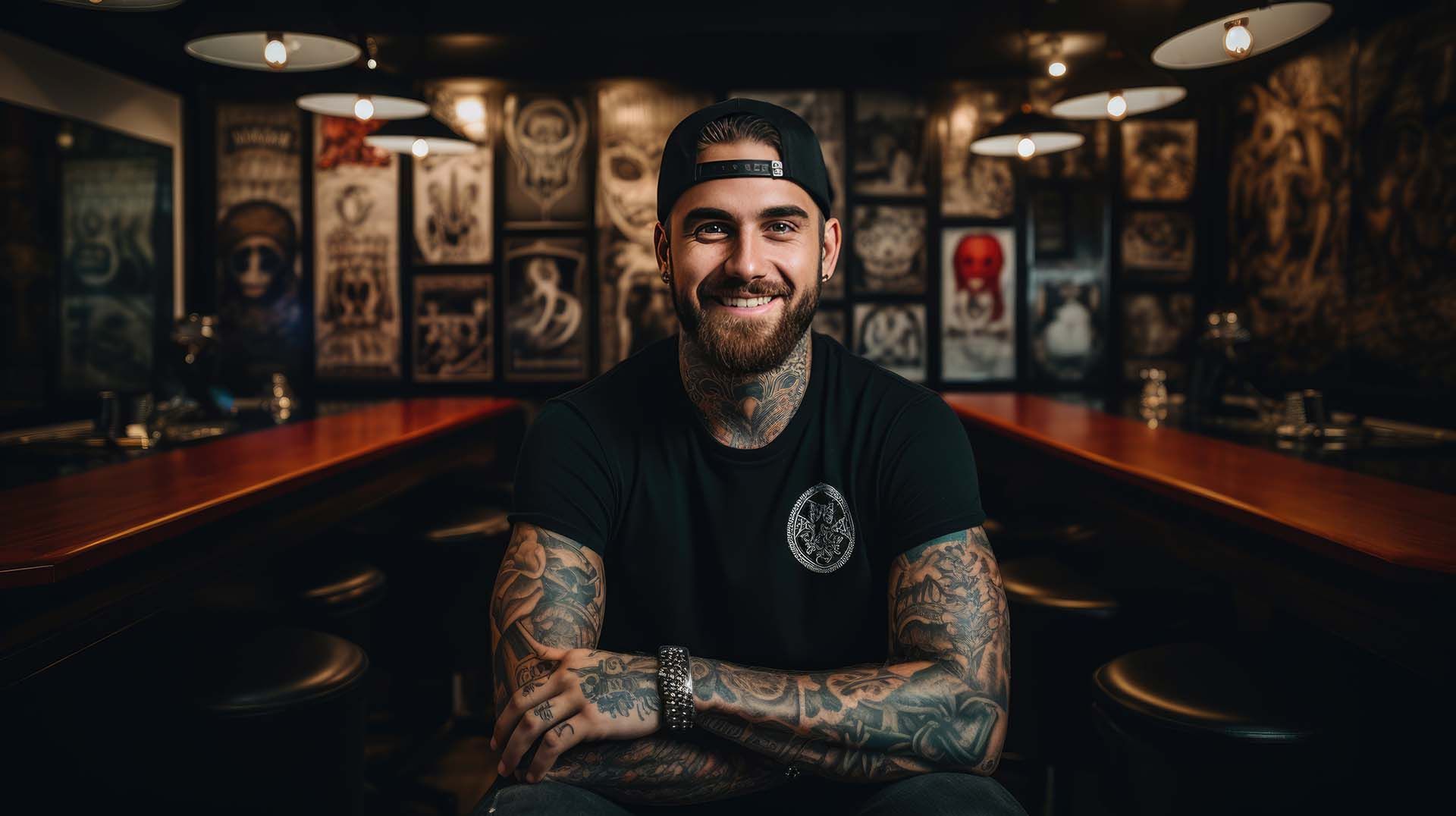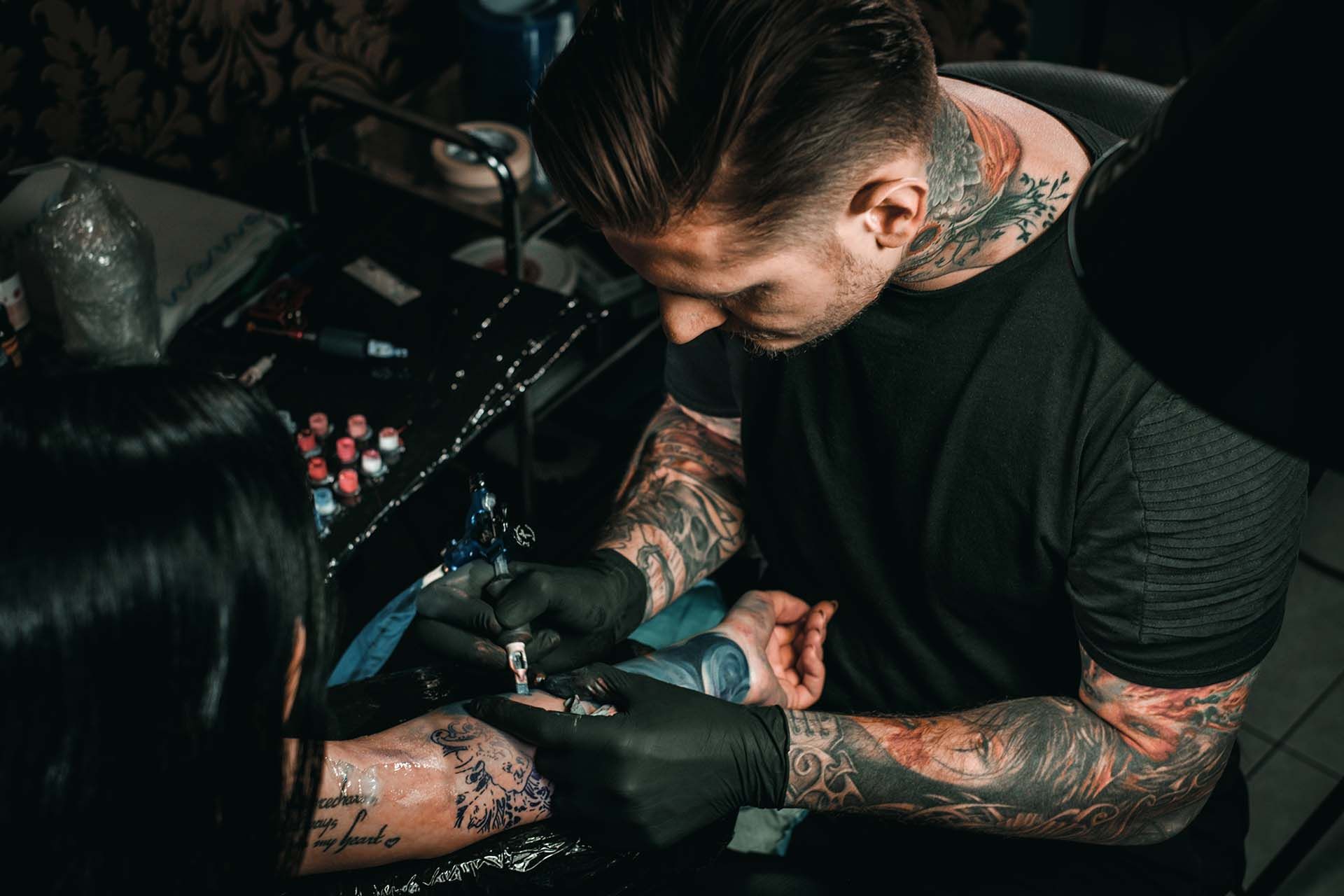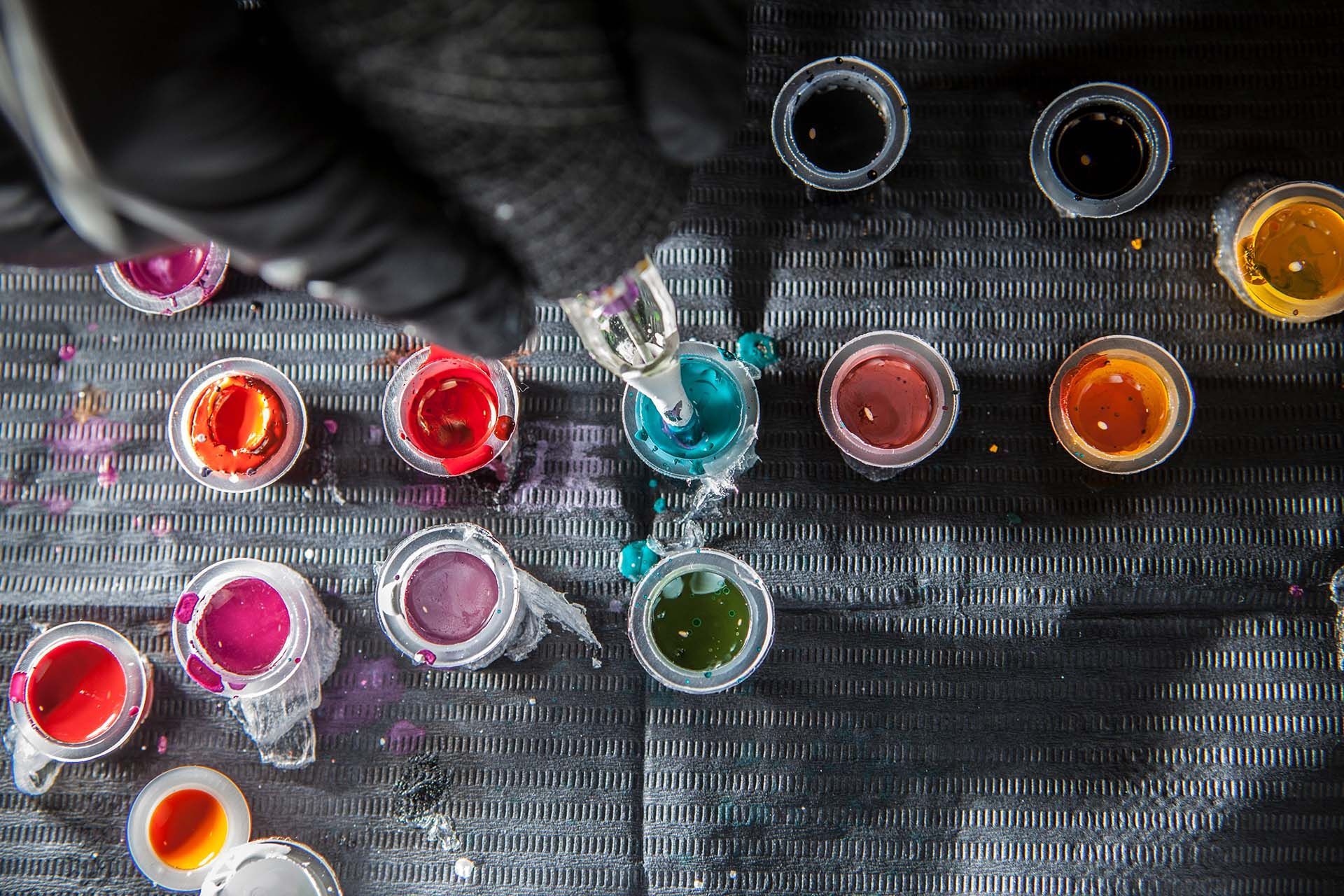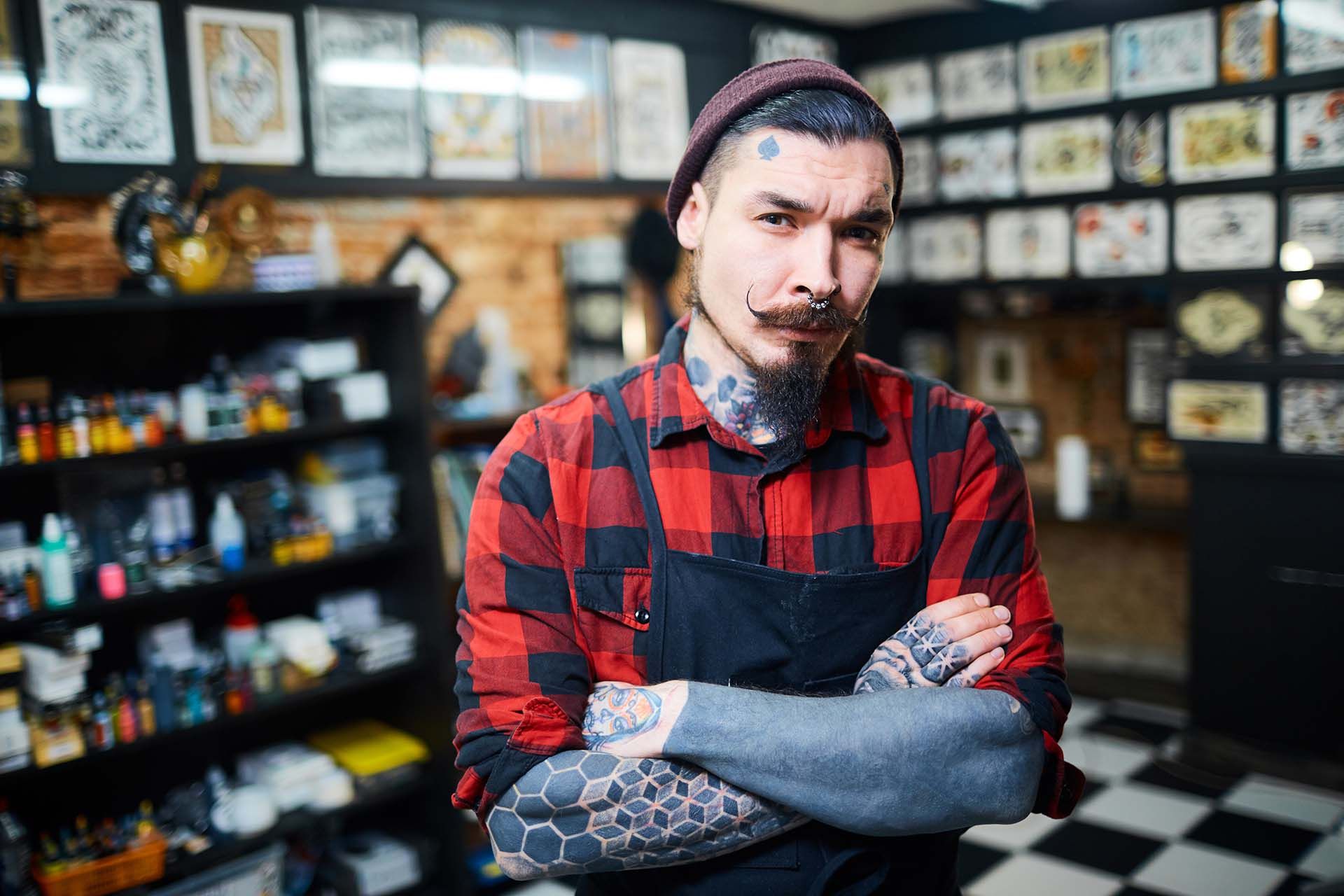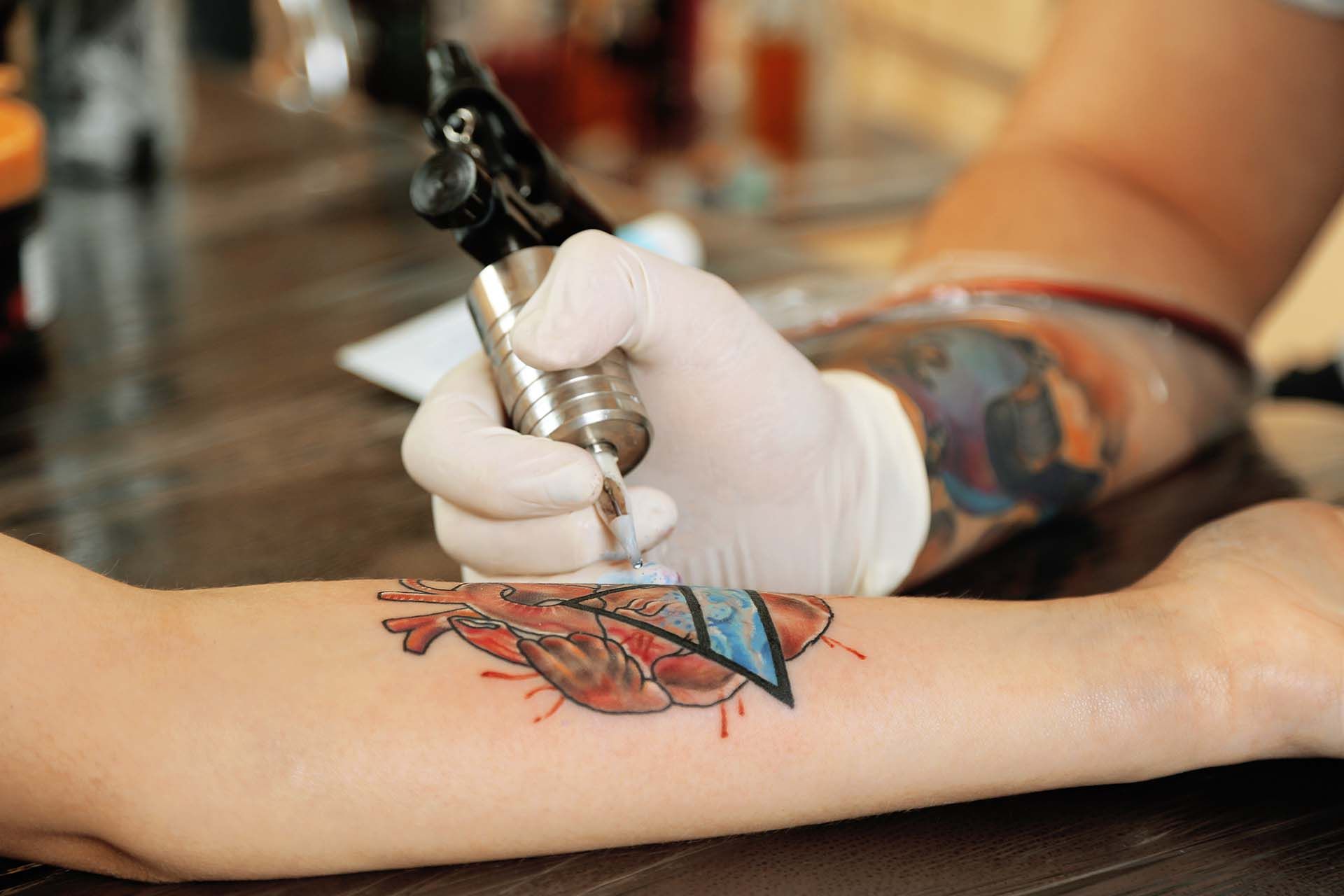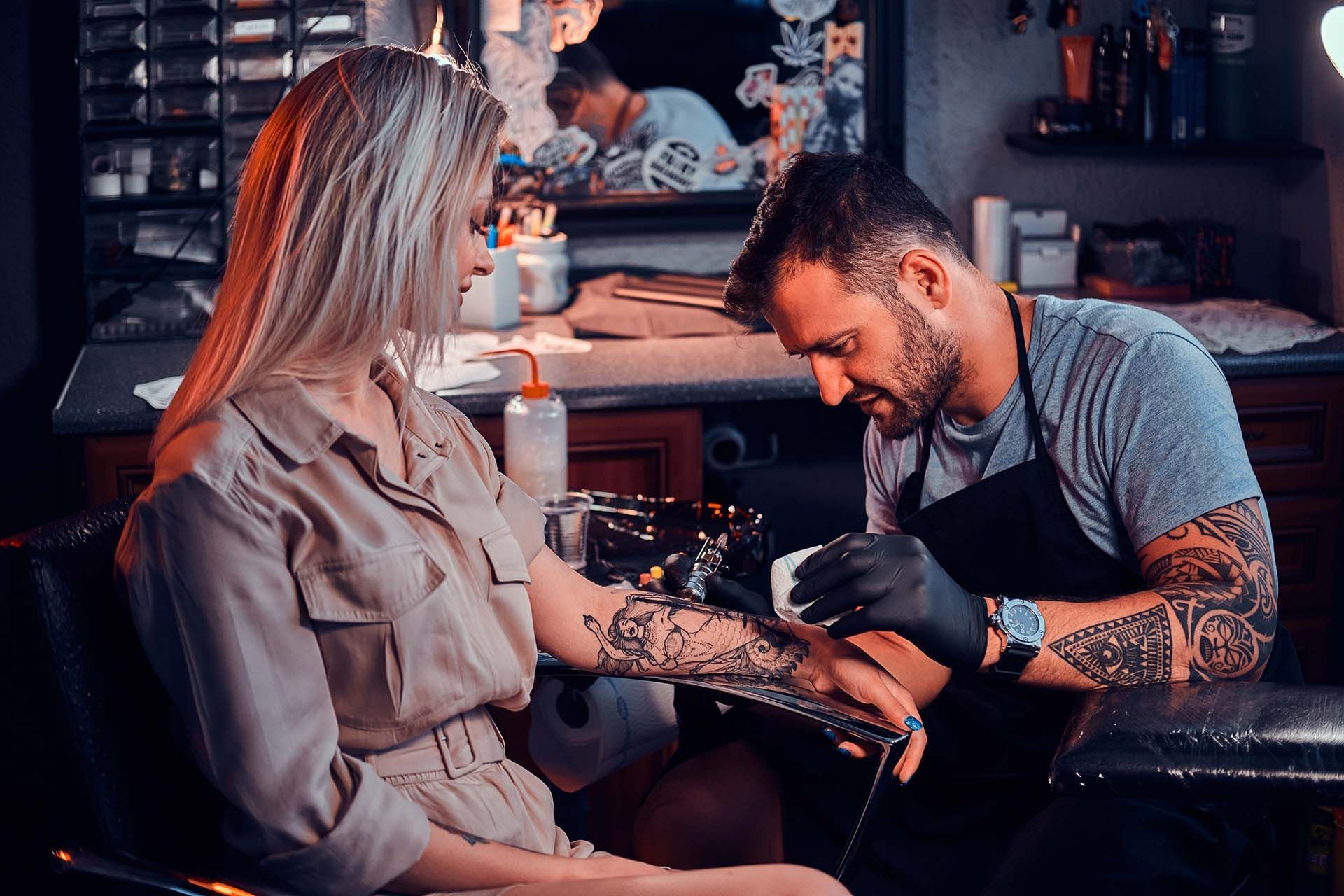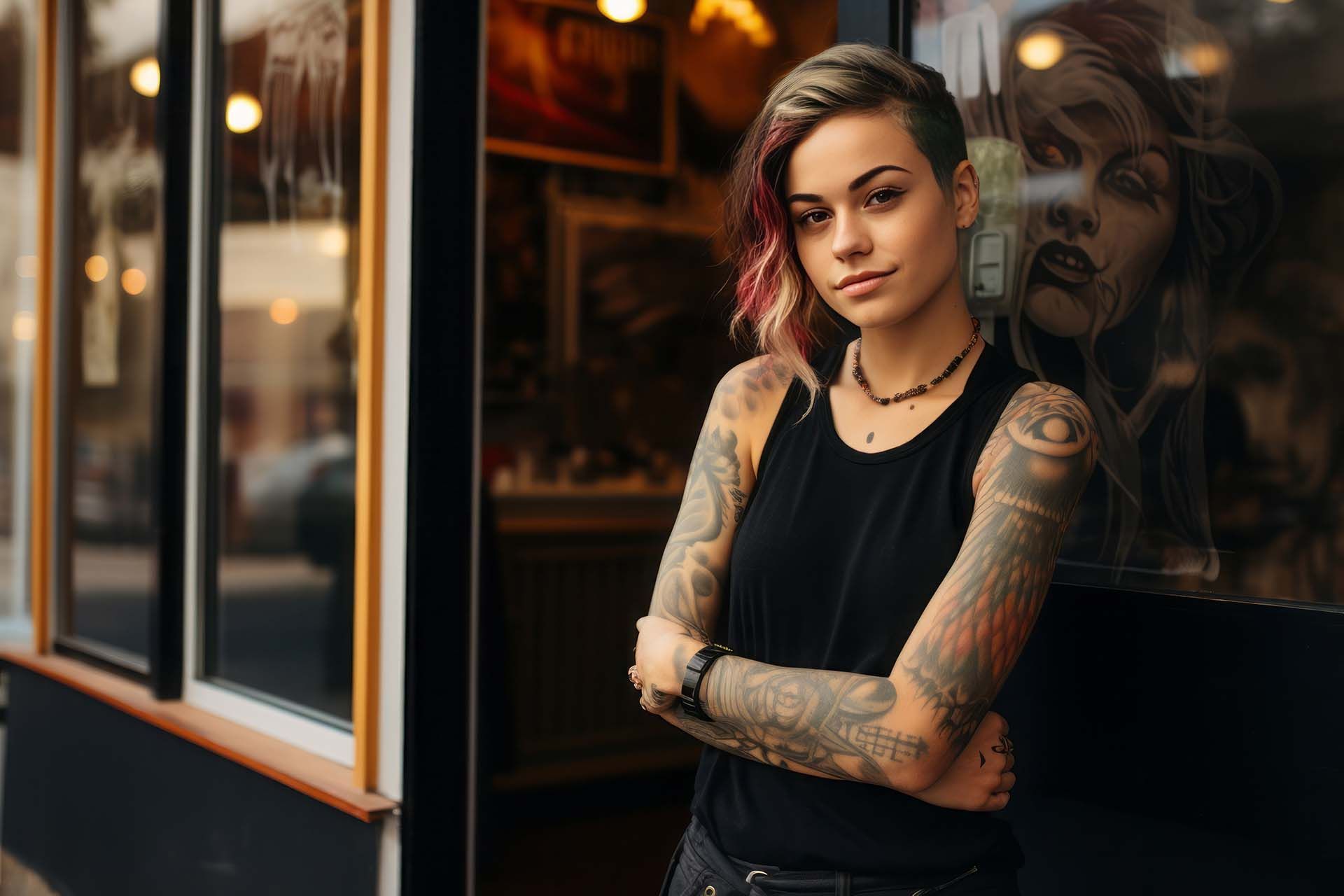Tattoo Pricing: How to Price Your Art
As a tattoo artist, pricing your art correctly is just as important as the creativity you put into each design. It's all about finding the sweet spot: pricing that values your skills and meets your client's expectations. In this guide, we'll explore the main factors that impact tattoo pricing and how to price your art. By gaining insight into these factors, you can make well-informed choices that truly represent the value of your artistry and ensure your clients remain loyal and satisfied.
Size Matters
For starters, the size of a tattoo is one of the main factors that determines its price. Smaller tattoos, often under 2 inches, start at $50 to $100, while larger ones can exceed $4,000. In other words, as a tattoo artist, you’ll need to set guidelines for sizes and prices accordingly. Remember, flexibility is key. So, offering accommodating designs that can adapt to your client's budget without compromising artistic value is a smart strategy. Furthermore, discussing the size implications upfront helps your clients understand the financial impact of their choices.
Time Investment Counts
Your art is valuable, and so is your time. Therefore, your pricing should include consultation, drawing, and tattooing time. For intricate designs requiring longer hours, your rates should increase accordingly. Although the typical hourly rate in the industry is around $100, this amount may differ depending on your level of expertise and skill. Being open and clear about the time required for a tattoo helps establish trust and manage your clients' expectations effectively.
The Price of Placement
The location of the tattoo on the body plays a significant role in pricing. With this, some areas are more challenging and, thus, more expensive to tattoo. So, when pricing out your work, you should always consider both the size of the tattoo and the difficulty of the location. Moreover, it's vital to educate clients about these factors to help them understand why a tattoo on a certain part of the body may cost more than another.
Valuing Your Experience
In the tattoo world, your skill level and standing greatly influence your ability to set prices. With extensive experience and a strong portfolio, you can charge higher rates. Either way, use your skills, training, and customer reviews to justify your prices. Remember, clients are often willing to pay more for quality and reliability.
Geographic Considerations
Another factor to consider is the location of your studio, as this can also affect your pricing structure. In regions where the cost of living is higher, like big cities or popular tourist spots, you'll often find higher tattoo prices. It's wise to keep up-to-date on your local economic environment and tailor your pricing to be both competitive and fair.
Material Matters
In tattooing, the price of your work should reflect not just your artistic skill but also the materials you use. For example, intricate designs that require a variety of colors and needles will naturally cost more. Always remember to account for the costs of your materials when setting your prices. This way, you're taking care of your business expenses in a smart, practical way.
Ready to Sell Some Ink?
As you get started as a tattoo artist, keep in mind that the right pricing strategy is vital to your success. Now that you're aware of the different factors affecting how much you should charge, you can set prices that truly reflect the effort and quality of your work. This approach not only keeps your clients satisfied but also helps in building your reputation in the tattoo industry. By balancing these aspects, you're well on your way to boosting your sales and making a notable impact in the world of tattooing.
Frequently Asked Questions: How to price your tattoo art
Disclaimer: This publication and the information included in it are not intended to serve as a substitute for consultation with business consultants and professionals. Specific business, financial, legal issues, concerns and conditions always require the advice of appropriate professionals. Any opinions expressed are solely those of the participant and do not represent the views or opinions of this company.

